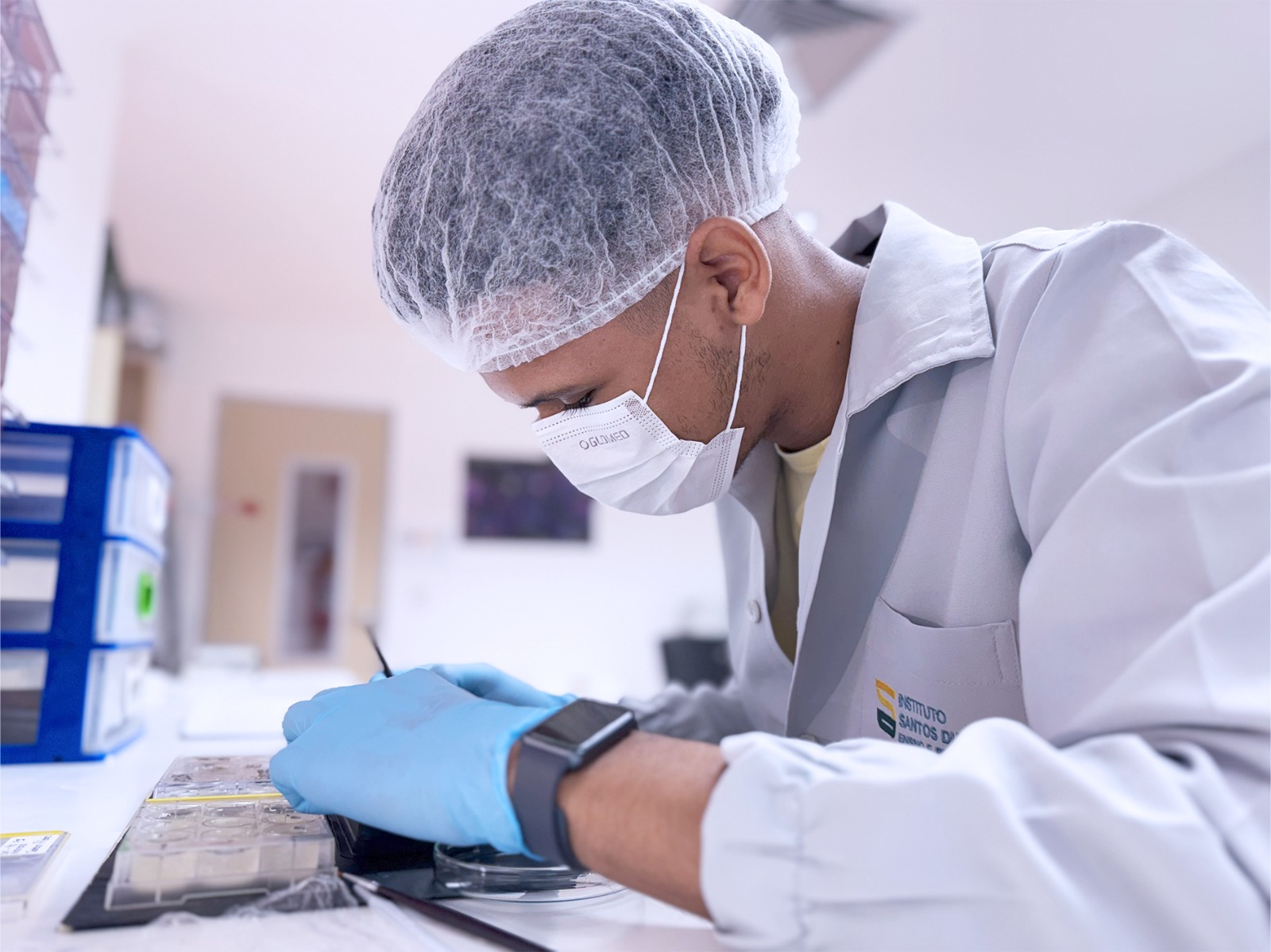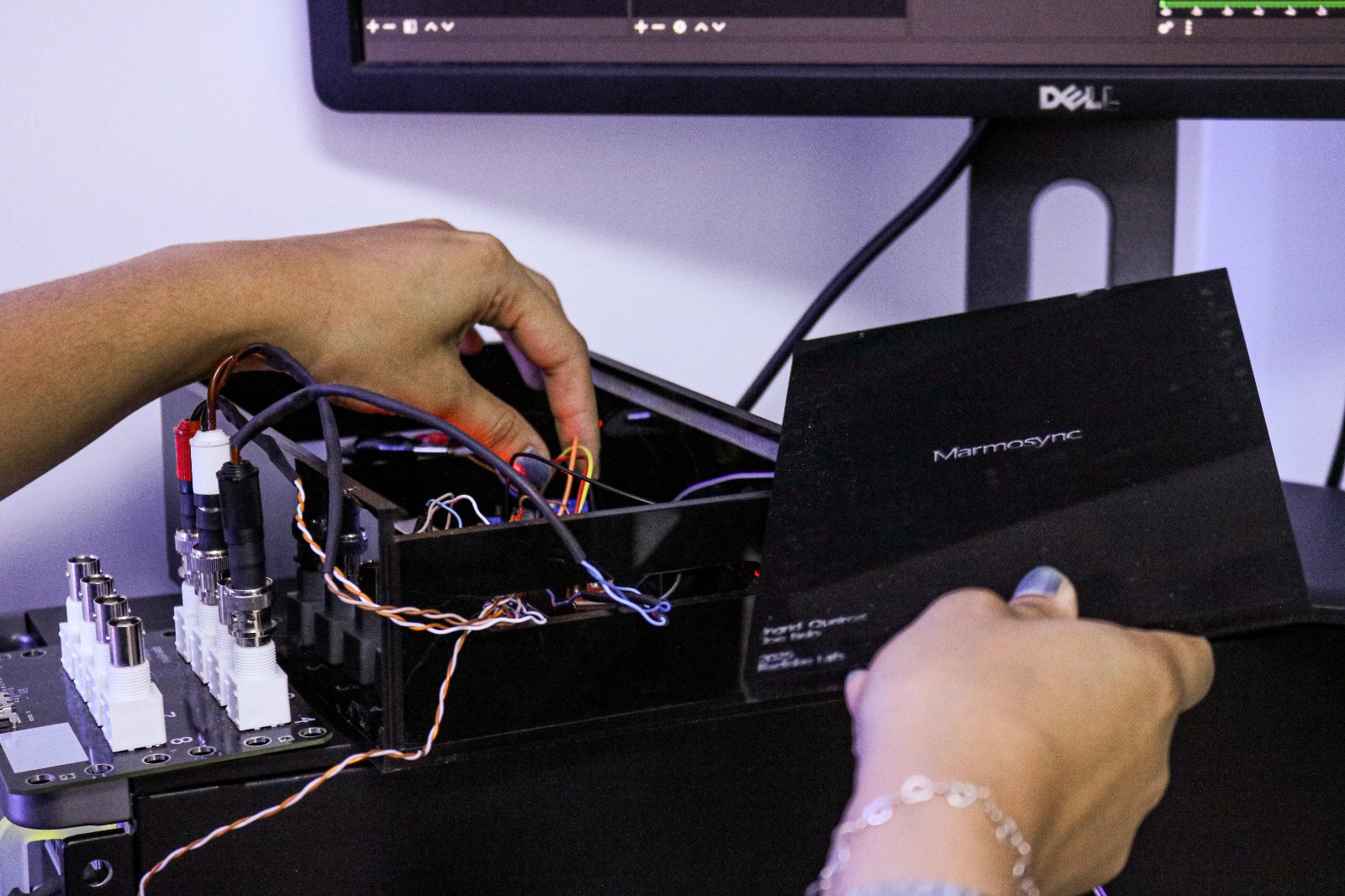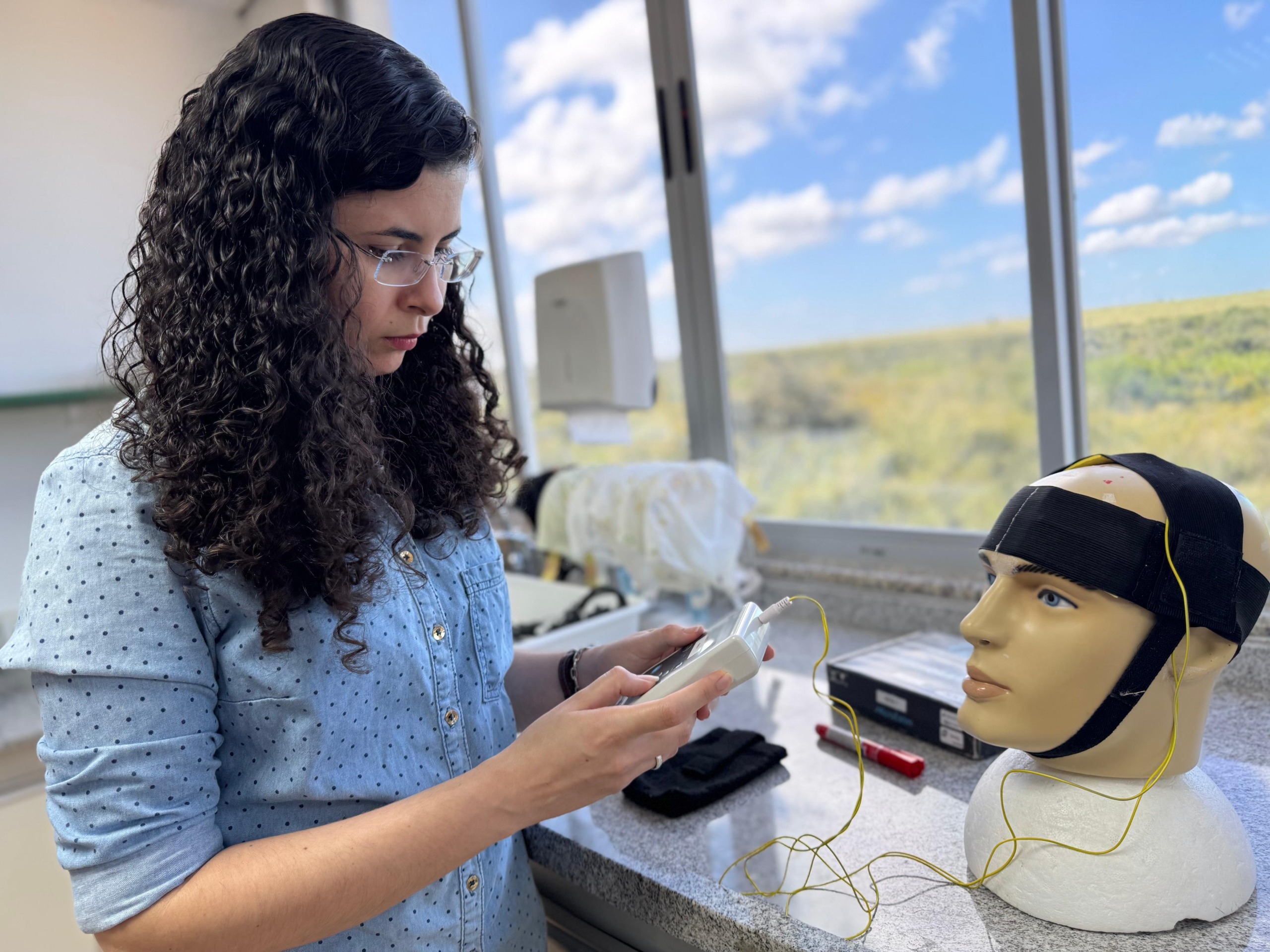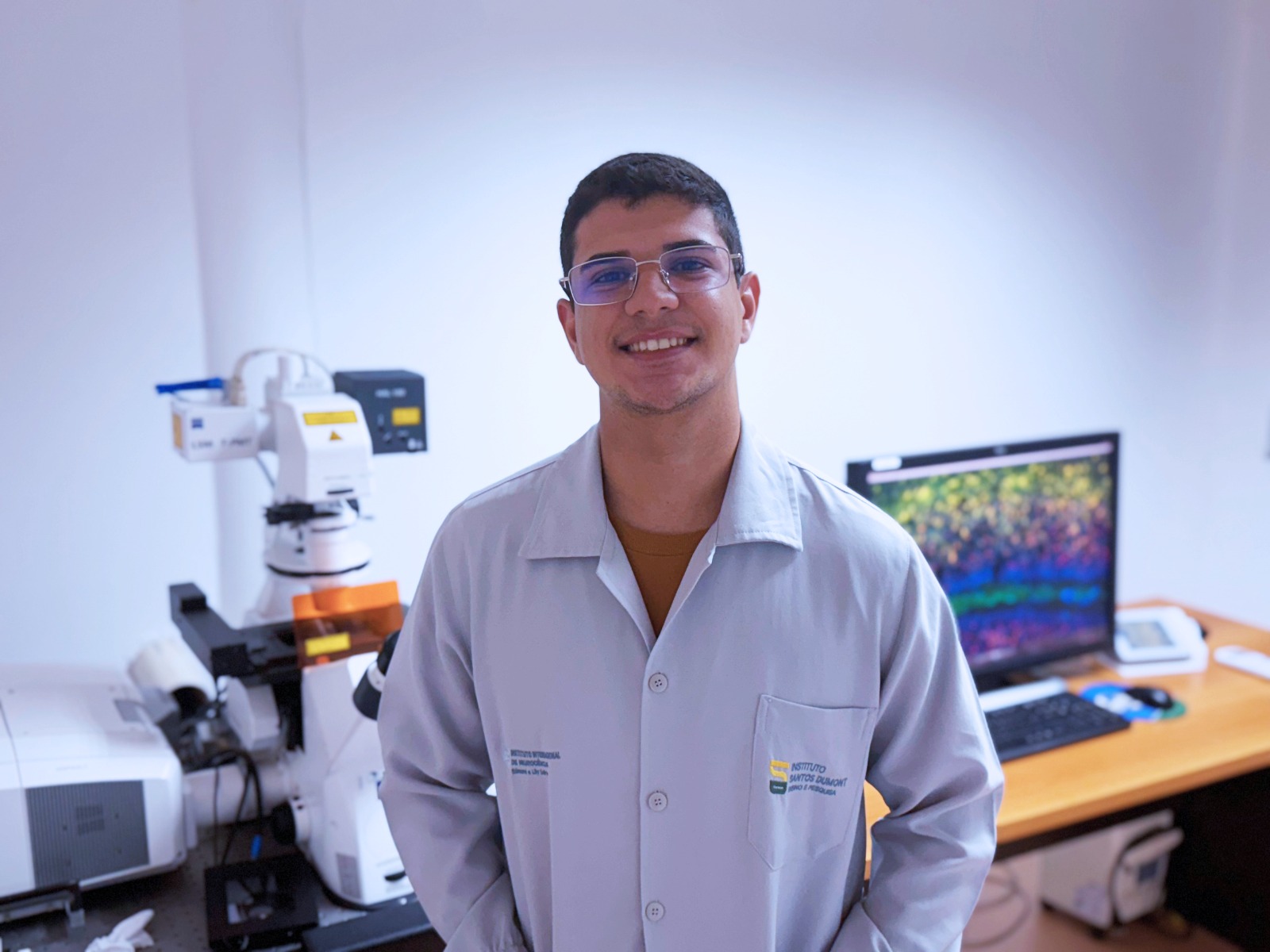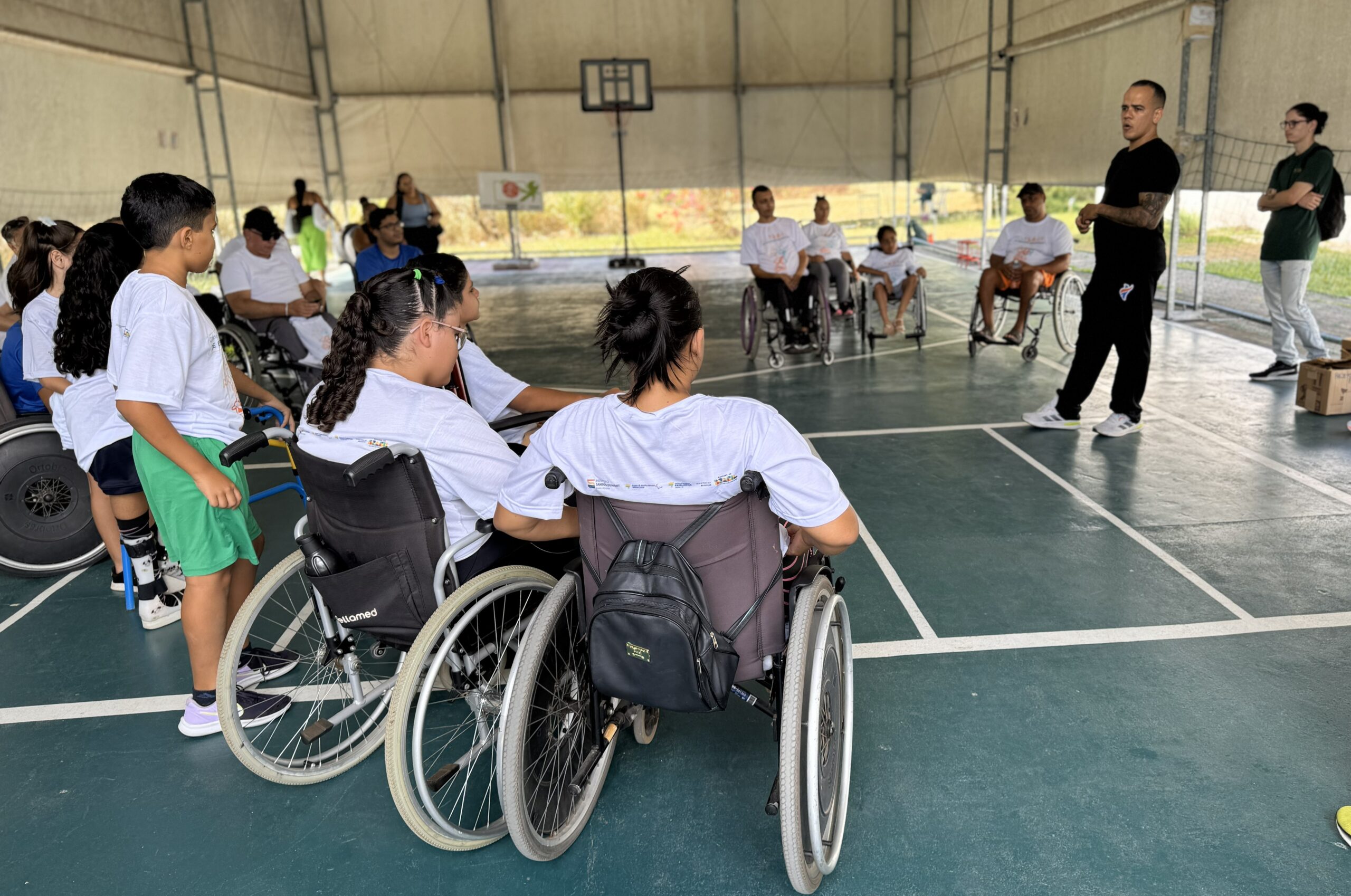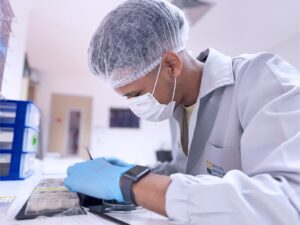Rio Grande do Norte is above the national average for deaths caused by complications resulting from penile cancer. Data from the Mortality Atlas of the National Cancer Institute (Inca) indicate that, in 2021 (last year of the survey), the state recorded a rate of 0.69 deaths caused by the disease for every 100,000 men. In the country, this rate is 0.40.
Although below the incidence recorded in RN, the national rate is considered high by the Brazilian Society of Urology (SBU), which attributes the number of cases mainly to the lack of care with the hygiene of the sexual organ. “The simplest way to avoid penile cancer is to wash the entire organ properly. This applies to everyone, but especially to those who have a foreskin (the skin that covers the glans). These people must pull all the skin back and wash carefully to avoid the accumulation of bacteria in the area, which can cause a chronic infection”, advises the urologist preceptor at the Santos Dumont Institute and president of the Brazilian Society of Urology in RN, Rafael Pauletti.
Penile cancer cases are not isolated. According to the Ministry of Health, in a decade, Brazil recorded around 20 thousand diagnoses of the disease. Of this total, more than 4 thousand people died from complications caused by this type of cancer between 2011 and 2021.
When it does not cause deaths, penile cancer can leave consequences. The most common is the total or partial removal of the sexual organ during treatment. This year alone, the SBU estimates that more than 500 men will have their penis amputated in Brazil, as a result of the development of cancer in the organ.
“One of the ways to treat the most serious cases of penile cancer is to remove the organ. It is a procedure similar to what happens to people who have breast cancer and need to undergo a mastectomy. The organ is removed to prevent the cancer from spreading to other parts of the body”, explains Pauletti.
Campaign guides men about penile cancer
Given the high number of cases, amputations and deaths from penile cancer, the Brazilian Society of Urology carries out activities throughout the month of February to promote how to identify symptoms early and how to prevent the development of the disease. The objective is for the subject to stop being treated as taboo and encourage people to seek professional help.
Urologist Rafael Pauletti states that, generally, men are not in the habit of having periodic medical check-ups and resist seeking urological care, even when there are already symptoms of diseases in the penis.
“You need to pay attention to signs of injuries: spots, redness on the glans and lumps along the penis. It is essential to see a doctor when you notice one of these symptoms. There is no need to be afraid or ashamed, we should focus on health and improving quality of life”, he argues.
In addition to the hygiene that should be part of the routine, the Brazilian Society of Urology recommends cleaning the penis after sexual intercourse, using condoms and avoiding smoking as ways to avoid penile cancer.
The guidelines are also aimed at children. Fathers and mothers should vaccinate their children against HPV between the ages of 9 and 14 and encourage correct penile hygiene from childhood. Greater care needs to be taken in children who have not had their foreskin removed and have phimosis, since the skin over the glans, when infected, can increase the risk of diseases appearing there.
ABOUT ISD
The Santos Dumont Institute (ISD) is a Social Organization linked to the Ministry of Education (MEC) and includes the Edmond and Lily Safra International Neuroscience Institute and the Anita Garibaldi Center for Health Education and Research, both in Macaíba. ISD's mission is to promote education for life, forming citizens through integrated teaching, research and extension actions, in addition to contributing to a fairer and more humane transformation of Brazilian social reality.




